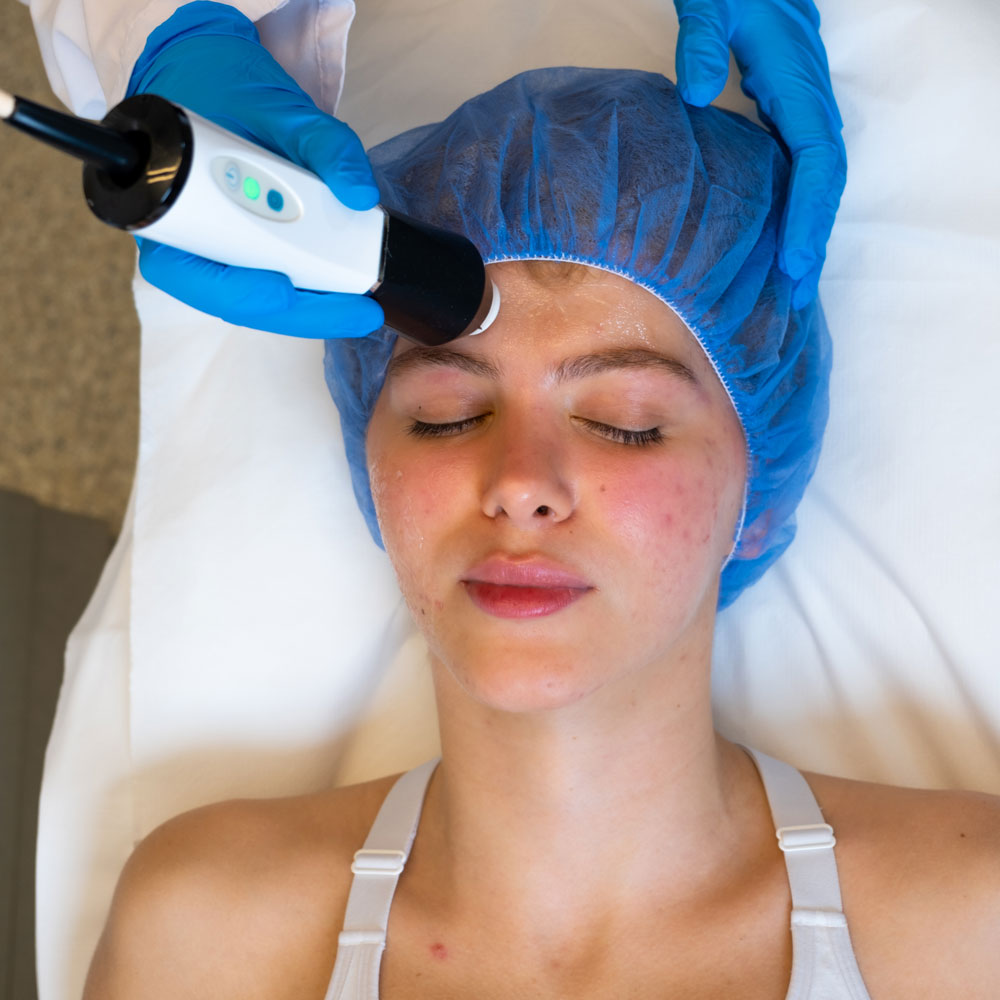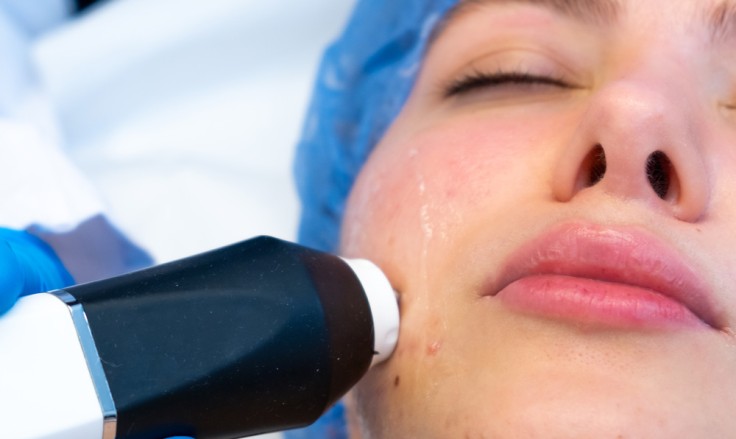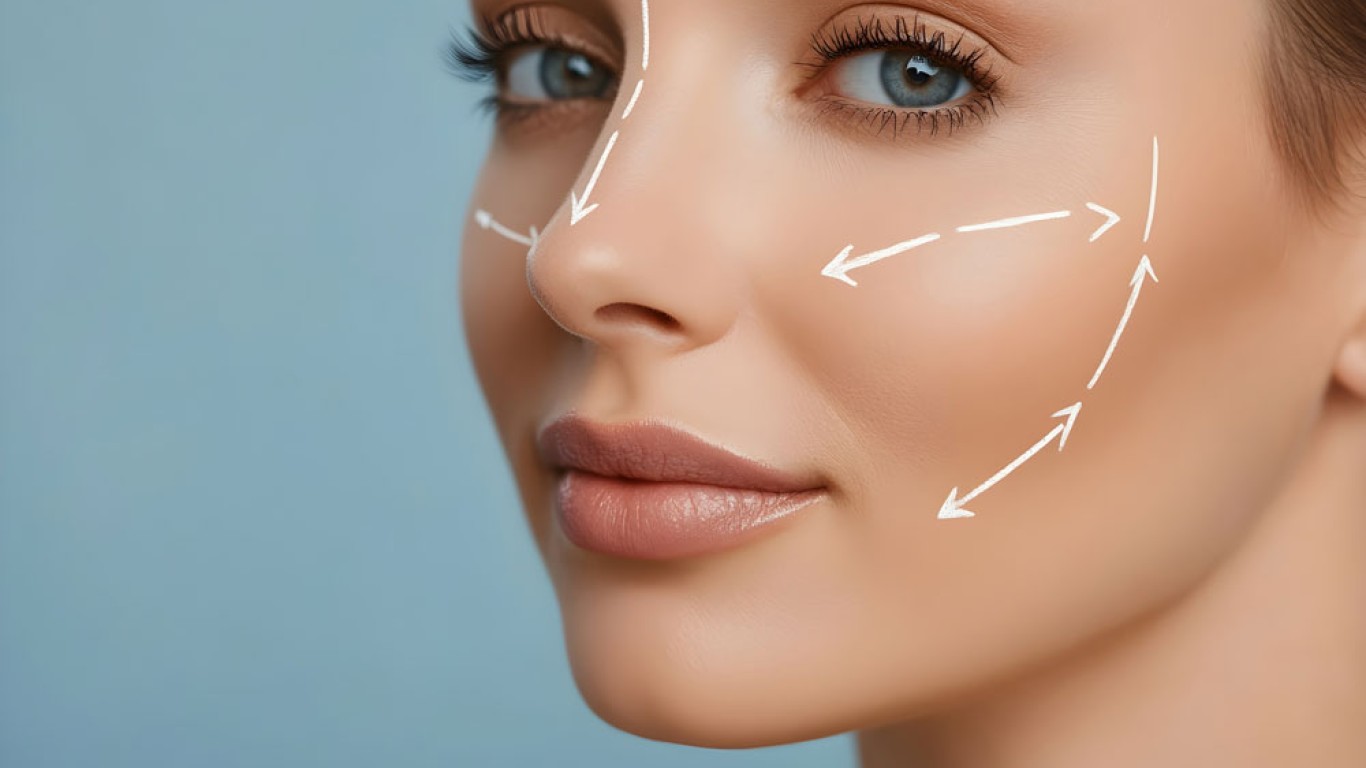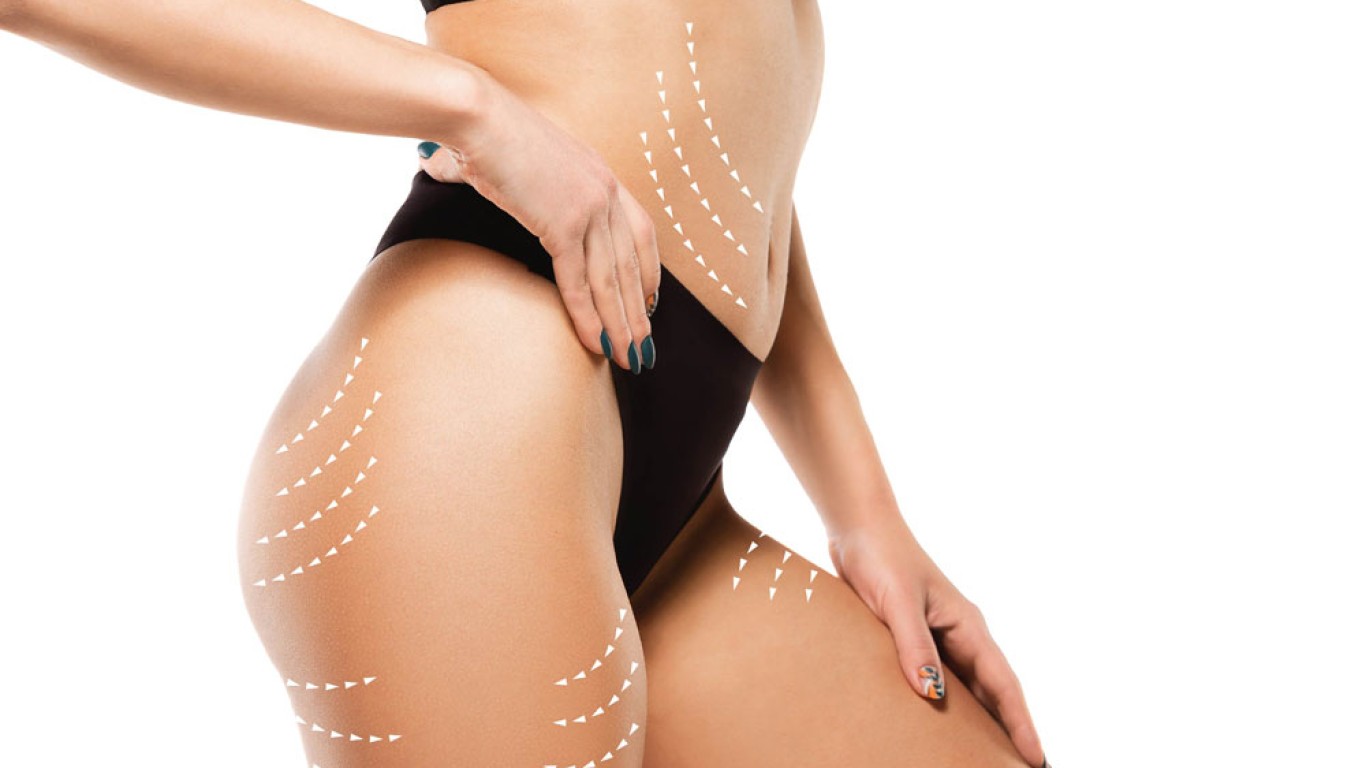Healthy skin is more than just appearance—it reflects overall wellness and care. Skin care is an essential part of self-care and confidence. Whether you want to reduce signs of ageing, treat acne, or protect against dryness. A tailored approach helps. This article outlines everything you need to know about skin care. From daily routines to professional treatments and lifestyle habits.
What Is Skin Care and Why Is It Important?
Skin care involves practices that support skin health and improve its look and function. It includes cleansing, moisturising and sun protection. And other treatments tailored to your skin type or concern.
Your skin protects you from pollution, UV rays and bacteria. It also regulates temperature and helps you feel touch. Accordingly, giving it proper care keeps it healthy, comfortable and radiant.
Understanding Your Skin Type Matters in Skin Care
Knowing your skin type helps you choose the right products and treatments. Generally, there are five types:
- Normal skin: Balanced, with minimal dryness or oil
- Dry skin: Feels tight, flaky or rough
- Oily skin: Shiny, prone to breakouts
- Combination skin: Oily in some areas, dry in others
- Sensitive skin: Reacts easily to products or weather
Once you understand your type, selecting cleansers and moisturisers becomes much easier and more effective.
The Core Steps of a Daily Skin Care Routine
While routines can be customised, these three steps form the base of good skin care:
- Cleansing: Removes dirt, oil and makeup. Use a gentle cleanser that suits your skin type.
- Moisturising: Keeps skin hydrated. Even oily skin needs moisture to prevent overproduction of oil.
- Sun protection: SPF protects against UV rays that cause early ageing and dark spots.
Additionally, some routines include toners, exfoliators or serums. However, consistency is more important than product count.
Exfoliation: A Key Part of Effective Skin Care
Exfoliation removes dead skin cells that dull your complexion and clog pores. It can be:
- Physical: Scrubs with tiny particles
- Chemical: Products with acids like glycolic or salicylic acid
Do it 1–2 times per week to avoid irritation. Exfoliation improves product absorption and brightens your skin. However, overdoing it can cause redness and damage.

How to Treat Common Skin Concerns
Many skin problems can be improved with the right approach. Here are some of the most common:
- Acne: Use gentle cleansers, avoid pore-clogging products and try salicylic acid or benzoyl peroxide.
- Dryness: Apply thicker moisturisers and look for hyaluronic acid or ceramides.
- Ageing signs: Retinol, peptides and antioxidants help reduce wrinkles and boost firmness.
- Hyperpigmentation: Use ingredients like niacinamide, vitamin C or azelaic acid.
If over-the-counter products don’t help, seeing a dermatologist can guide your treatment plan.
How Lifestyle Affects Your Skin Care Results
Your daily habits can either support or sabotage your skin care goals. Consider these factors:
- Diet: Eat fruits, vegetables and omega-3s to support collagen and hydration.
- Sleep: Skin repairs itself during sleep. Aim for 7–9 hours each night.
- Hydration: Drink enough water to maintain elasticity and reduce dryness.
- Stress: Triggers breakouts and dullness. Find ways to relax regularly.
- Exercise: Improves circulation and gives your skin a healthy glow.
Altogether, these habits help your skin respond better to products and treatments.
When to See a Professional
Sometimes, store-bought products aren’t enough. Visiting a professional can give you advanced care and guidance.
- Dermatologists: Help with acne, rosacea, eczema, and medical skin issues.
- Aesthetic doctors: Offer cosmetic treatments like Botox, chemical peels or lasers.
- Medical aestheticians: Provide facials, microdermabrasion and skin analysis.
They create personalised plans and monitor results. This is particularly useful if you're unsure what your skin needs.
Popular Professional Skin Care Treatments in Clinics
Professional treatments can complement your routine and give faster, longer-lasting results. Some top options include:
- HydraFacial: Cleanses, exfoliates and hydrates in one session.
- Microneedling: Stimulates collagen with tiny needles to improve texture and scarring.
- Chemical peels: Remove dead skin layers to reveal smoother, clearer skin underneath.
- Laser therapy: Targets dark spots, redness or uneven tone.
These are often safe, quick and require little downtime. However, they should always be done in certified clinics.
Choosing the Right Products for Your Skin Care Needs
With so many products available, selecting the right ones can feel overwhelming. Here are tips:
- Check the ingredients: Avoid alcohol and fragrance if you have sensitive skin.
- Start simple: Introduce one new product at a time.
- Patch test: Try it on a small area first to avoid reactions.
- Read reviews cautiously: What works for others may not suit your skin type.
Moreover, your skin changes with age, weather and hormones. Reassess your routine when needed.
Men’s Skin Care: Why It Matters Too
Men often ignore skin care, but healthy skin benefits everyone. The basics are the same:
- Cleanse daily, especially after shaving
- Moisturise to reduce dryness or irritation
- Protect with SPF every morning
- Treat issues like ingrown hairs or oiliness with the right products
Skin care doesn’t have to be complicated. A few simple steps can make a big difference over time.
Conclusion
Skin care is not about perfection—it’s about consistency, protection and self-respect. Whether you’re starting or improving your routine, understanding your skin type and needs is key.
With the right habits and professional help, your skin can look and feel its best. Take time to care for your skin, and it will reward you with radiance and resilience.
For more information and to book a consultation visit the ACIBADEM Beauty Center Skin Care page.
Frequently Asked Questions
Only change them if your skin type, weather or needs change. Otherwise, consistency is better.
No. Skipping moisturiser can make skin oilier. Use a lightweight, non-comedogenic one instead.
Always apply it last, after your moisturiser, and before makeup. Reapply every two hours outdoors.
Start slowly—2–3 times a week. Build up as your skin tolerates it to avoid irritation.
Sometimes. They can soothe the skin, but not all natural ingredients are proven or suitable for everyone.













